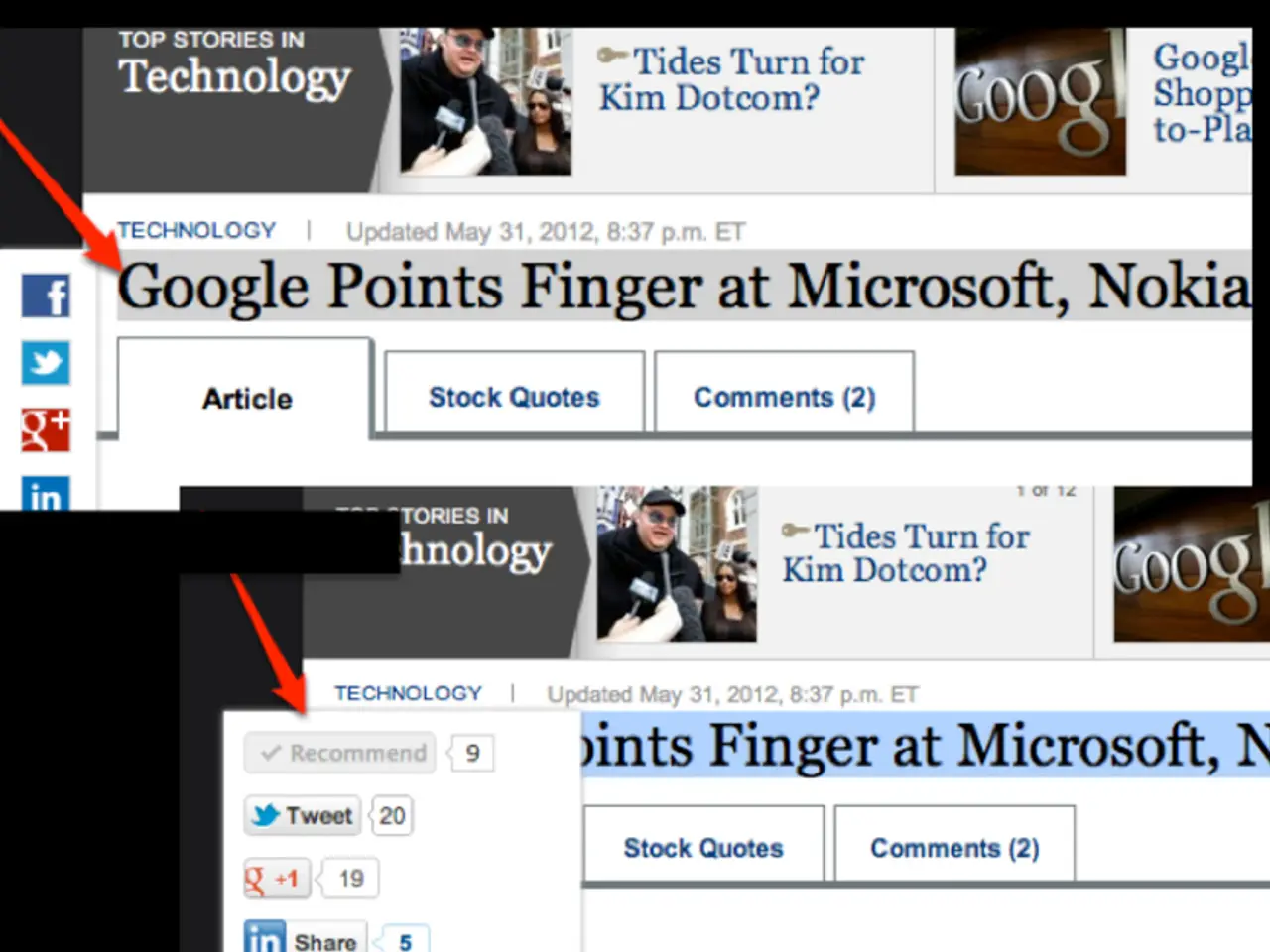Title: Urge for U.S. Government to Share Data with AI Systems by OpenAI
OpenAI wants you to envision AI as a powerful yet scary force, similar to the car's impact on society. Just like how Europe's strict regulations hindered the widespread adoption of cars, OpenAI believes that heavy regulations are currently preventing the full potential of AI from being realized in the U.S. With this perspective in mind, OpenAI published an 15-page economic blueprint, titled "AI in America: OpenAI’s Economic Blueprint," detailing how the U.S. can leverage AI to gain a competitive advantage and drive economic growth.
At first glance, the document with its AI-generated cover photo and futuristic cityscape seems promising. However, upon closer inspection, the title and the outline for economic prosperity appear vague and unrealistic. The cover image features a coffee cup with no handle and words that appear smudged, symbolizing the blueprint's vague and grotesque nature.
OpenAI's blueprint urges the government to loosen regulations and share more information with AI companies, arguing that AI is too powerful to be controlled by autocrats and the economic opportunities presented by AI are too compelling to ignore. To achieve this, the blueprint calls for the sharing of national security-related information and resources with AI companies, including simulations and testing results of their AI models and information about how to secure intellectual property against cyber threats.
Additionally, OpenAI suggests that the U.S. should make more government data accessible to AI developers by making it machine-readable, which could help smaller companies in fields that rely heavily on public data. By doing so, the developers could help the government create better policies and insights. The blueprint also highlights the importance of infrastructure, such as chips, data, and talent, in driving AI development and leadership, and advocates for investments in advanced data centers, sustainable energy sources, and education programs.
However, the release of OpenAI's economic blueprint coincided with the Biden White House announcing sweeping new regulations on the AI industry, creating a somewhat contradictory scenario. Under these new regulations, countries are divided into tiers based on the level of restrictions that AI companies must adhere to. Tier 1 countries, such as the U.S. and its allies, are free from restrictions, while China and Russia are on tier 3 and no AI companies can do business with them. The remainder of the world is in tier 2, with certain caps on AI usage.
These new regulations could pose a challenge to OpenAI's call for a lightly regulated AI future, as the proposed rules apply largely to countries outside the U.S. Elon Musk, who is known for his skepticism towards Sam Altman and OpenAI, is close to the incoming president and the potential response to OpenAI's calls for loose government regulation and widespread access to federal data remains uncertain.
In summary, OpenAI's "AI in America: OpenAI’s Economic Blueprint" proposes reducing regulatory barriers and increasing government data sharing with AI companies to boost the U.S.'s competitiveness in AI technology. However, the document's vagueness and the release of new AI regulations from the Biden White House create challenges for the implementation of these measures.
The future of AI technology, as envisioned by OpenAI, relies heavily on loosened regulations and increased information sharing with tech companies. According to the economic blueprint, the potential of artificial-intelligence is being hindered by current regulations, and open access to data could significantly benefit smaller companies in data-dependent fields.








